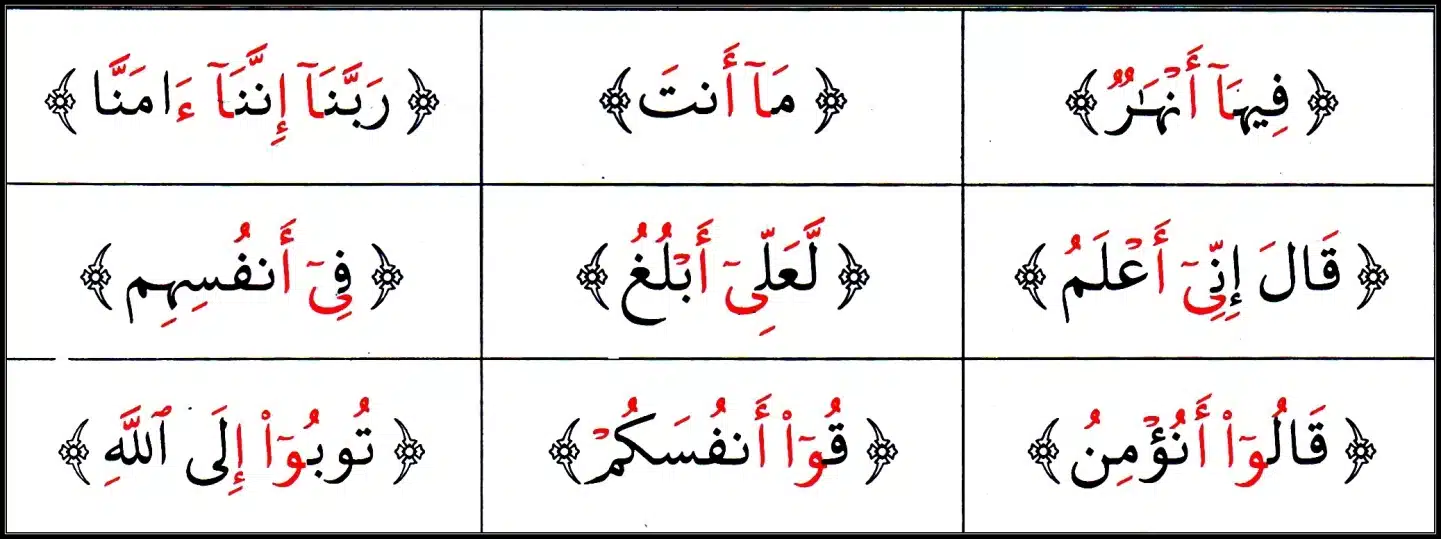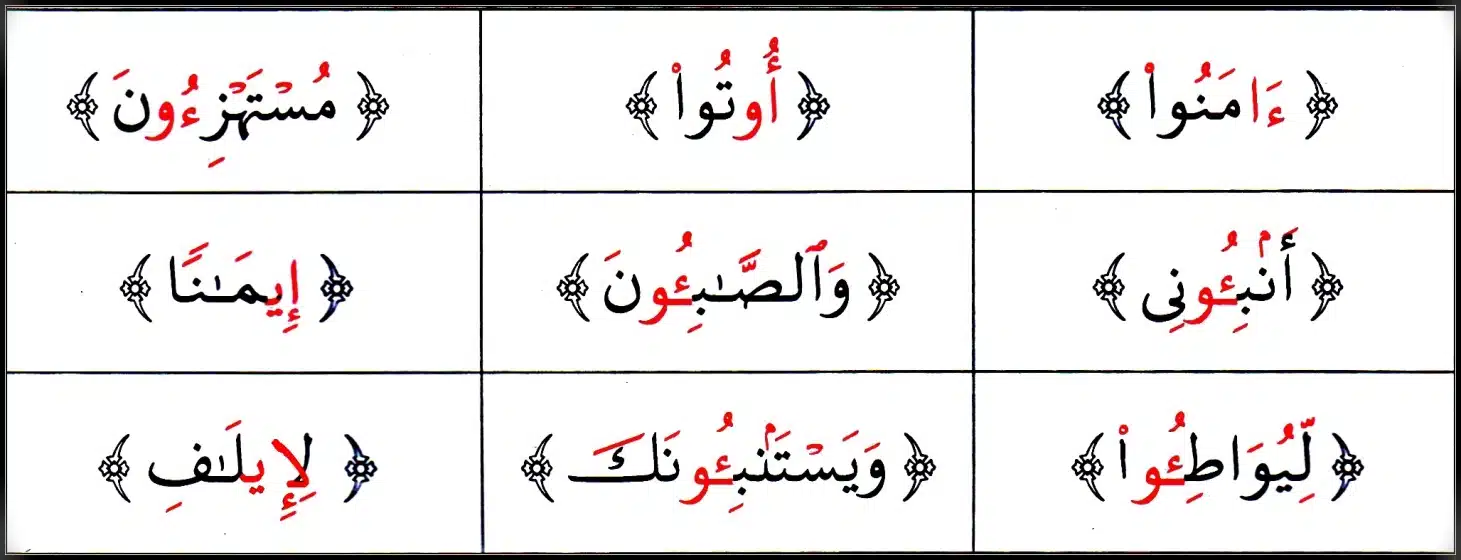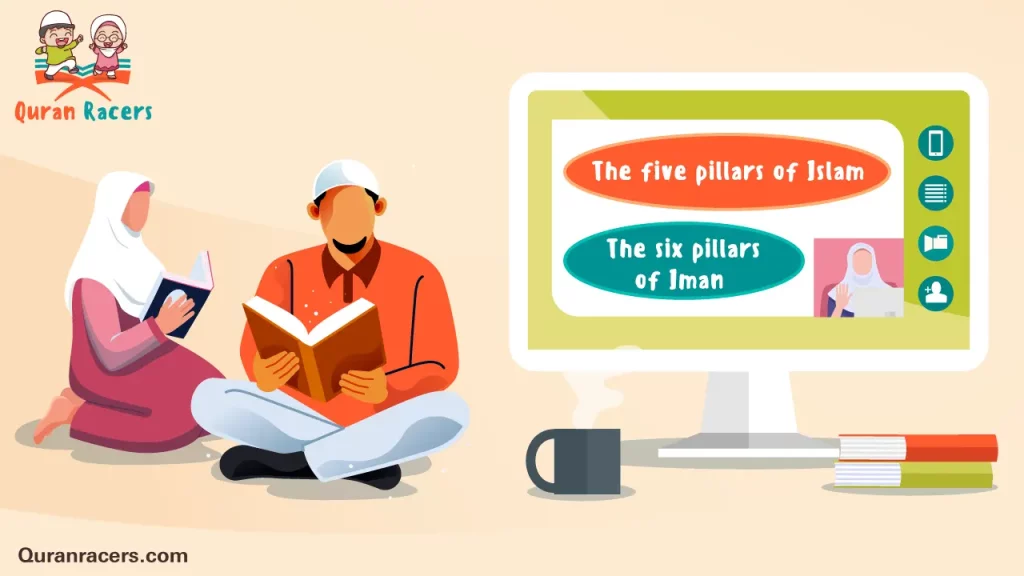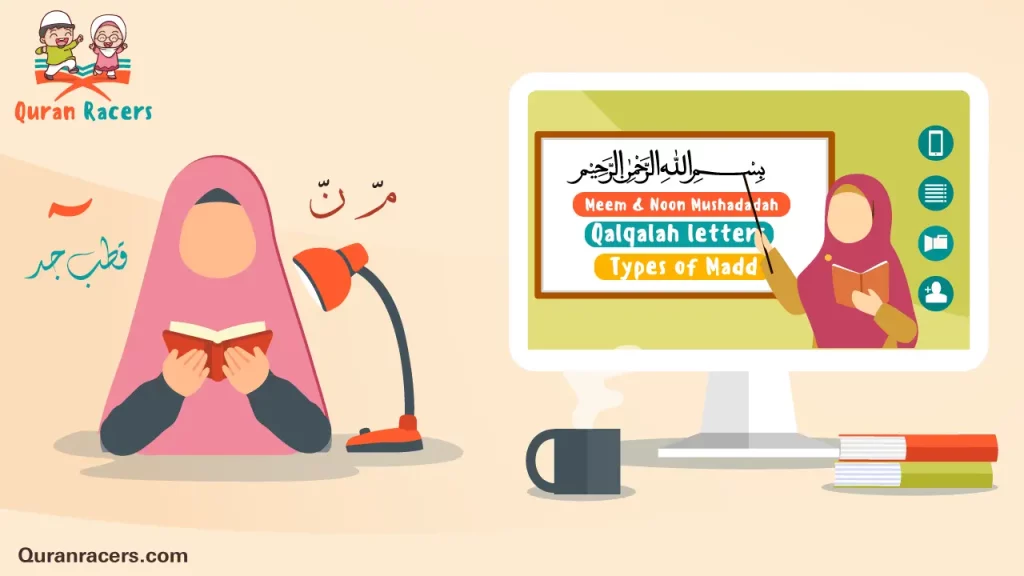What Are Special Madd Types? 🤔
Special Madd Types refer to cases where the elongation of sounds is triggered by specific combinations of letters and grammatical conditions. Unlike Natural Madd, which always lasts for two counts, these types of Madd can stretch longer depending on context and pause.
Let’s explore each type, understand its rules, and see practical examples from the Qur’an.
1. Madd Muttasil (المد المتصل) – The Connected Elongation
💡 Definition:
Occurs when a Madd letter (Alif, Waw, or Ya) is followed directly by a Hamzah (ء) in the same word.
Duration:
4 to 5 counts (harakahs).
Example from the Qur’an:
جَاءَ (Jā’a) in Surah Al-Bayyinah.
-
The Alif after the Fatha is followed by a Hamzah in the same word.
-
So it’s a clear case of Madd Muttasil.
-
Recite it with a noticeable stretch to maintain clarity and beauty.
✨ Practical Tip:
Always check if the Hamzah is in the same word—this is what makes it “connected.” Many students confuse it with Madd Munfasil. Stay focused!
2. Madd Munfasil (المد المنفصل) – The Separated Elongation
💡 Definition:
Occurs when the Madd letter is at the end of one word, and the Hamzah appears at the beginning of the next word.
Duration:
2 to 4 counts—depending on the recitation method. In Hafs ‘an ‘Asim, it’s often read as 4.
Example from the Qur’an:
فِيٓ أُذُنَيْهِ (Fī ūdhunaihi) from Surah Luqman.
-
“Fī” ends with a Ya Madd, and “ūdhunaihi” starts with a Hamzah.
-
Since the Madd letter and the Hamzah are in different words, this is Madd Munfasil.
Pro Tip:
Some students rush through Madd Munfasil. Slow down! The pause between words doesn’t cancel the Madd—it’s part of the Special Madd Types for a reason.
3. Madd Badal (مد البدل) – The Replacement Madd 🔁
Definition:
Happens when a Hamzah is followed by a Madd letter, and the Madd replaces a Hamzah that was supposed to come twice.
Duration:
2 counts (same as Natural Madd).
🕋 Example from the Qur’an:
آمَنُوا (Āmanū) from Surah Al-Baqarah.
-
Originally from “أَأْمَنُوا”, the first Hamzah is replaced by a Madd letter.
-
Only one Hamzah remains, and you elongate the vowel sound.
What to Watch For:✨
Don’t overextend Madd Badal—it behaves like Natural Madd, not the longer types.
Why These Special Madd Types Matter 💖
The Special Madd Types help in preserving the original meanings and divine flow of the Quranic text. Skipping or shortening them might change the emotional tone or even mislead the listener.
Here’s what mastering them does for you:
✅ Protects meaning: Especially in Madd Muttasil, where missing the Hamzah can change a word’s root.
✅ Polishes rhythm: Madd Munfasil adds natural pacing between words.
✅ Strengthens fluency: Understanding Madd Badal gives you control over transitions in complex verses.
When recited with awareness, Special Madd Types elevate your Tajweed from basic to breathtaking.
Real-Life Quranic Practice 📖
🧠 Try these short Surahs and look for each type:
-
Surah Al-Inshiqaq (for Madd Muttasil): “سُيُرِكُونَ جَاءَكَ” – spot the Hamzah within the word.
-
Surah Al-Takwir (for Madd Munfasil): “إِذَا الشَّمْسُ كُوِّرَتْ” – observe how transitions matter.
-
Surah Al-Baqarah (for Madd Badal): “آمَنُوا” – track how the double Hamzah becomes a Madd.
Keep a color-coded Mushaf if possible—mark each Special Madd Type for fast spotting and daily reinforcement.
Tips to Avoid Common Errors ❌
-
Don’t confuse Muttasil and Munfasil—check whether the Hamzah is in the same word or not.
-
Don’t stretch Madd Badal—it’s short, not long.
-
Practice out loud—elongation must feel right, not just look correct on paper.
QuranRecers Academy Can Help You Master This 🎯
At QuranRecers Academy, our expert instructors break down every Madd rule with visual aids, recitation drills, and live feedback. You’ll master Special Madd Types through:
🎧 Audio modeling
📝 Interactive worksheets
👨🏫 Personalized correction sessions
Our mission? To transform your Tajweed from hesitant to heavenly.
Final Reflection 🌿
The Special Madd Types are more than just rules—they are keys to unlocking the expressive power of the Quran. Every stretch of a sound, every pause between words, reflects the divine intention behind Allah’s words.
Let your recitation not just be accurate—but meaningful, powerful, and spiritually moving.














